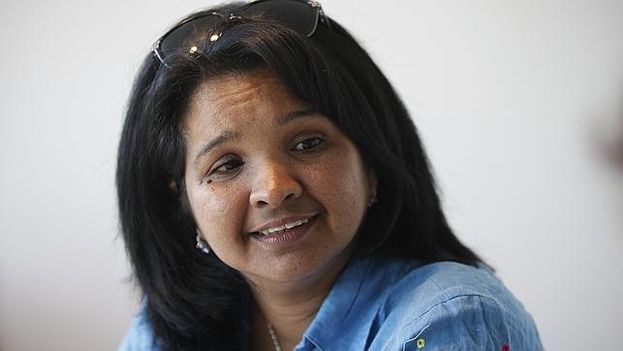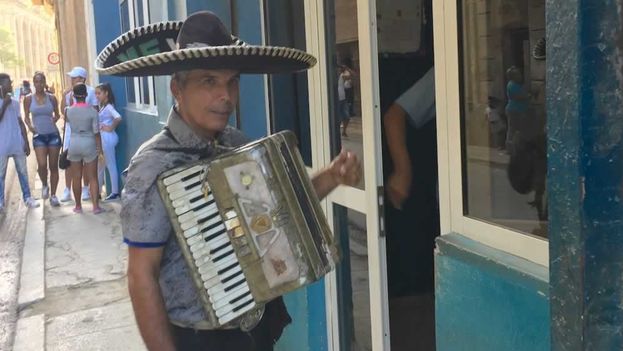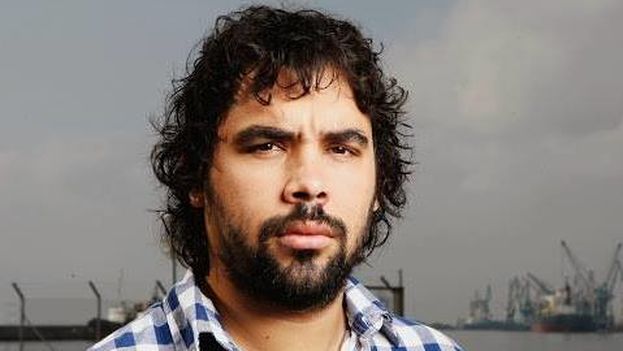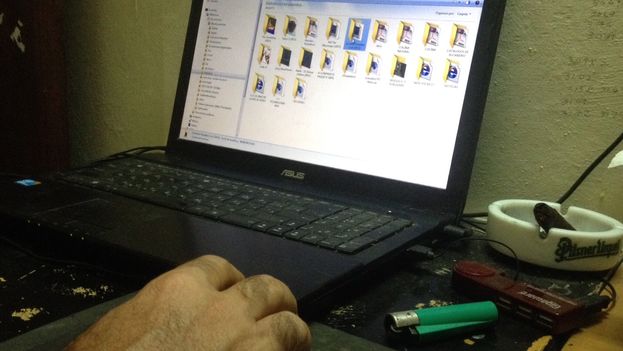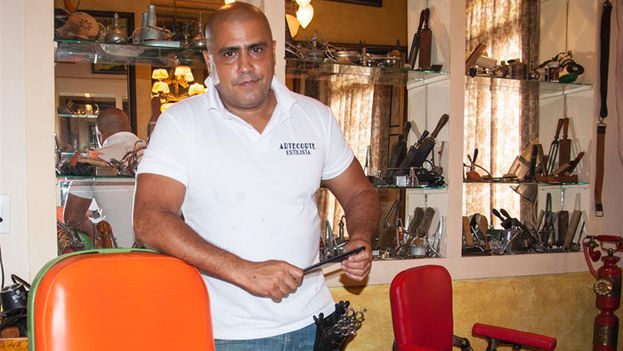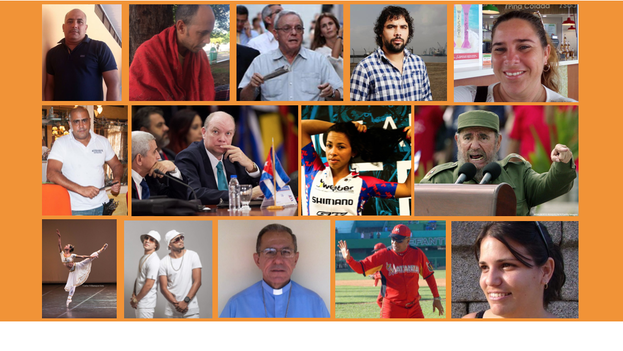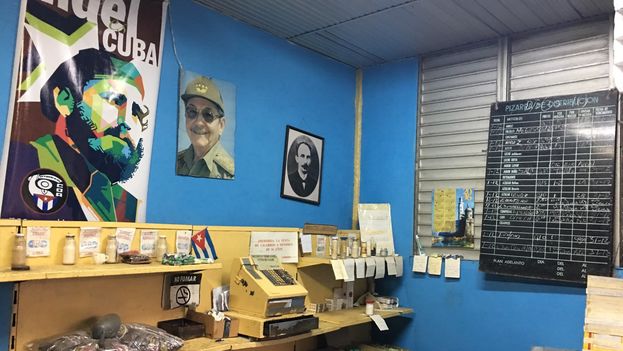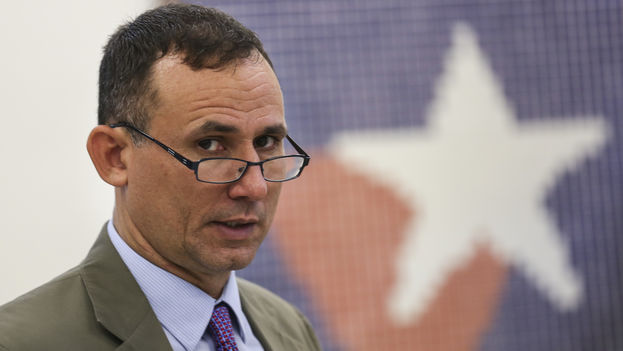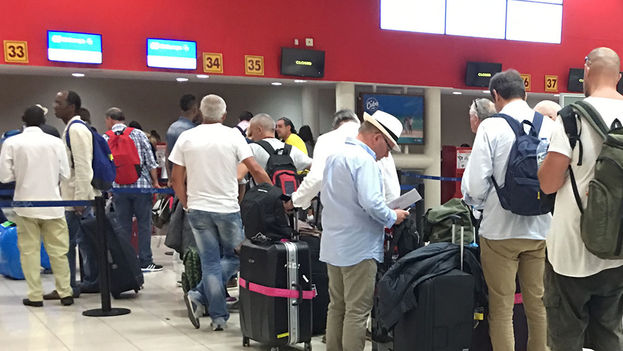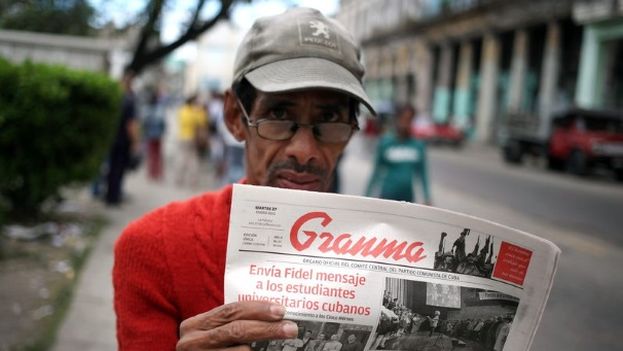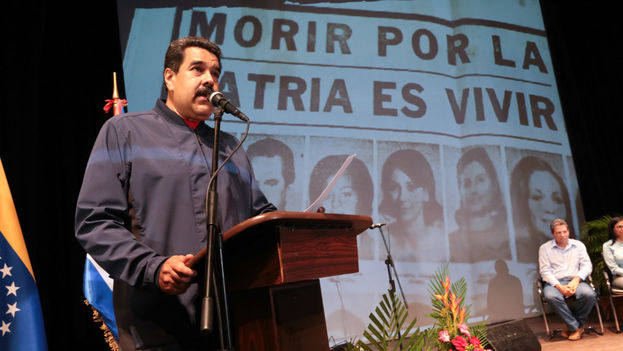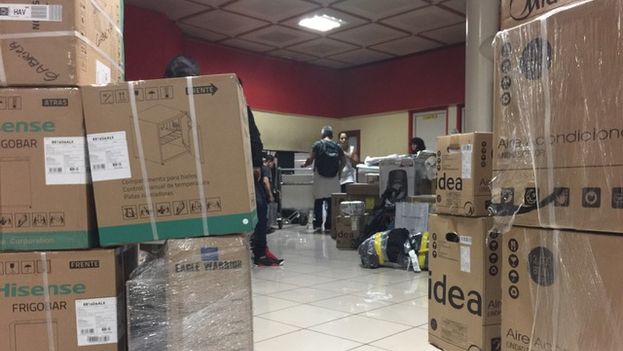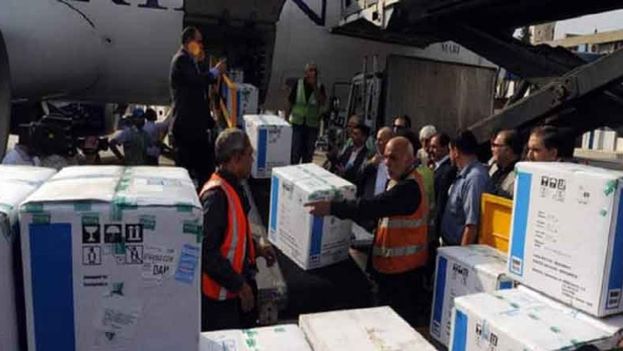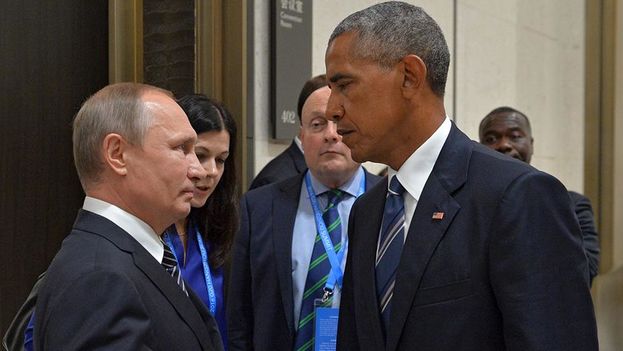
![]() 14ymedio, Carlos Alberto Montaner, Miami, 25 December 2016 — Exactly one quarter of a century ago, the Soviet Union disappeared. The hecatomb occurred on Dec. 25, 1991, the direct consequence of the prior (and failed) coup in August of that year. Vladimir Putin believes that it was the worst disaster that has happened to his country, but at the time most of the Russians perceived it as something convenient.
14ymedio, Carlos Alberto Montaner, Miami, 25 December 2016 — Exactly one quarter of a century ago, the Soviet Union disappeared. The hecatomb occurred on Dec. 25, 1991, the direct consequence of the prior (and failed) coup in August of that year. Vladimir Putin believes that it was the worst disaster that has happened to his country, but at the time most of the Russians perceived it as something convenient.
I remember it clearly. Around that time, I visited Moscow rather frequently to take part in academic acts leading to discuss the convenience of ending the costly subsidy to the bellicose Cuban satellite. continue reading
I remember being considerably intrigued after repeatedly hearing a nationalist slogan that ended up as a political reality: “We have to liberate Russia from the weight of the Soviet Union.”
The USSR had been born in 1922, stimulated by Lenin in the midst of a hopeful All-Russian Congress of Soviets. He added Marxist ideas to the imperialist spasm that, in a few centuries, had turned the small Principality of Moscow — then animated by the superstition of being the “Third Rome,” the heir of Bizantium’s Christianity — into the world’s largest nation, roughly speaking twice the size of the United States or today’s China.
To Lenin and his communists, the USSR did not intend to abandon the Russian imperial momentum, of which they were secretly proud, but to refocus it on a new ideological project of world conquest based on the harebrained ideology of Karl Marx, a German philosopher who lived much of his existence in London, a city where he died in 1883.
Naturally, the newly created structure — Russia plus Georgia, Armenia, Azerbaijan, Ukraine, Byelorussia and later Uzbekistan, Turkmenistan and Tadjikistan — served for that purpose and for another one, of a defensive nature. The USSR would protect communist Russia’s conquests and would be another obstacle to impede a hostile reaction from nations that opposed the bloody revolutionary experiment that emerged in 1917.
To that end, Lenin and later Stalin (after Lenin’s death in 1924) helped to create a worldwide federation of communist parties whose primary objective was to protect Moscow, the motherland of communism, even if their national interests were in conflict with those of the distant Russia. Beyond staging a revolution carbon-copied from the Bolshevik upheaval, the grand task of the local communist parties was to serve the Russian Big Brother.
As things stood, the national communist parties, Moscow’s shields, took on the task of persecuting Trotskyites and exterminating those who disobeyed the directives from the Comintern, as people called the Third International, the structure also created and financed by the Russian communists for their own benefit, as they had done with the USSR.
This was seen very clearly in Spain during the Civil War (1936-1939) and even before, when the Cuban communist leader Julio Antonio Mella, a dissenter from the official line, was murdered on a Mexican street in 1929, a prelude to what would happen to Trotsky himself in 1940. Trotsky was assassinated by Ramón Mercader, a Spaniard in the service of Stalin, son of a fanatical Cuban communist woman.
A quarter of a century after the USSR disappeared, Vladimir Putin is threatening to rearm Russia’s nuclear arsenal to foil the shield of protective missiles with which the United States has endowed the West’s defenses and its own. His words were not only those of a nostalgic former communist but also those of a Russian convinced of his homeland’s hegemonic fate.
According to the former KGB agent, now his country’s political leader, the U.S. and the European Union cannot prevent the total destruction of their defensive barriers (and the E.U.’s) by an attack by the so-called triad: the effect of land-based nuclear missiles, the action of submarines carrying atomic bombs, and bombs dropped from planes.
Oddly, Putin’s bullying will have a positive strategic effect on the West. To begin with, Trump will realize that Vladimir Putin is not his friend, to the extent that Putin repeats Russia’s old imperial habits. Likewise, he will realize that NATO continues to be the best instrument to keep the planet from being incinerated by Moscow and will refrain from weakening or demolishing it.
Evidently, we’re at the start of the Second Cold War.
Note: English text is directly from CA Montaner’s blog.

